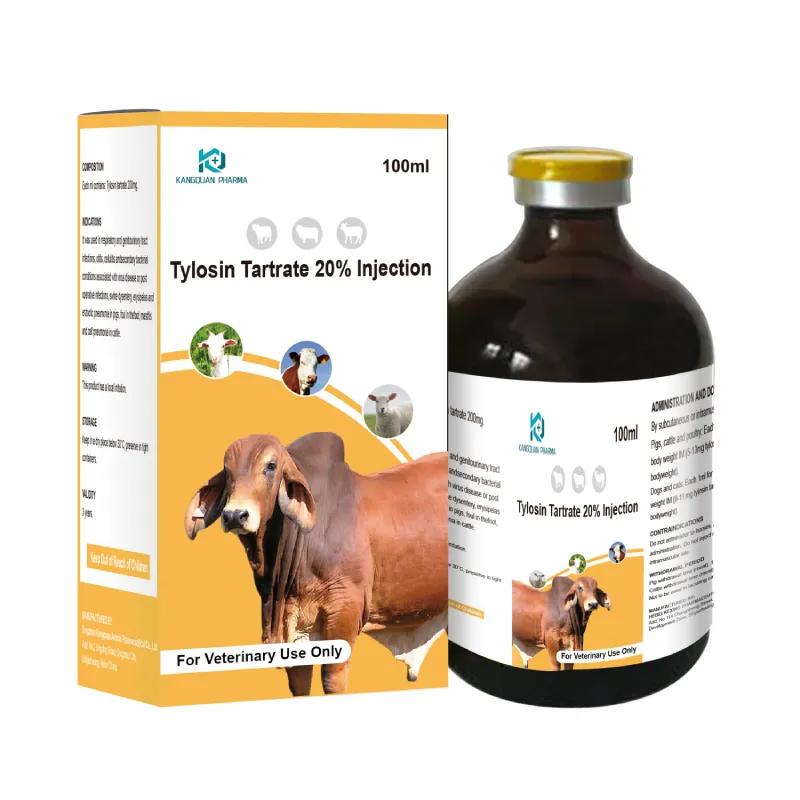- Afrikaans
- Albanian
- Amharic
- Arabic
- Armenian
- Azerbaijani
- Basque
- Belarusian
- Bengali
- Bosnian
- Bulgarian
- Catalan
- Cebuano
- Corsican
- Croatian
- Czech
- Danish
- Dutch
- English
- Esperanto
- Estonian
- Finnish
- French
- Frisian
- Galician
- Georgian
- German
- Greek
- Gujarati
- Haitian Creole
- hausa
- hawaiian
- Hebrew
- Hindi
- Miao
- Hungarian
- Icelandic
- igbo
- Indonesian
- irish
- Italian
- Japanese
- Javanese
- Kannada
- kazakh
- Khmer
- Rwandese
- Korean
- Kurdish
- Kyrgyz
- Lao
- Latin
- Latvian
- Lithuanian
- Luxembourgish
- Macedonian
- Malgashi
- Malay
- Malayalam
- Maltese
- Maori
- Marathi
- Mongolian
- Myanmar
- Nepali
- Norwegian
- Norwegian
- Occitan
- Pashto
- Persian
- Polish
- Portuguese
- Punjabi
- Romanian
- Russian
- Samoan
- Scottish Gaelic
- Serbian
- Sesotho
- Shona
- Sindhi
- Sinhala
- Slovak
- Slovenian
- Somali
- Spanish
- Sundanese
- Swahili
- Swedish
- Tagalog
- Tajik
- Tamil
- Tatar
- Telugu
- Thai
- Turkish
- Turkmen
- Ukrainian
- Urdu
- Uighur
- Uzbek
- Vietnamese
- Welsh
- Bantu
- Yiddish
- Yoruba
- Zulu
10 月 . 02, 2024 07:13 Back to list
The Role of Feed Additives in Enhancing Animal Nutrition and Health
Feed Additives in Animal Nutrition Enhancing Health and Productivity
Feed additives play a pivotal role in animal nutrition, contributing significantly to the growth, health, and productivity of livestock. As the global demand for animal protein continues to rise, the importance of optimizing animal diets through the use of various additives cannot be overstated. This article delves into the various types of feed additives, their functions, and their impact on animal health and agricultural sustainability.
What Are Feed Additives?
Feed additives are substances added to animal feed to enhance its nutritional value, improve livestock performance, or promote health. They can be categorized into several groups nutritional additives, sensory additives, and zootechnical additives. Nutritional additives include vitamins, minerals, amino acids, and fatty acids essential for animal growth and development. Sensory additives are utilized to improve the palatability and aroma of feed, making it more appealing to animals. Zootechnical additives encompass a wide array of ingredients, including probiotics, prebiotics, enzymes, and antimicrobial agents, which aid in digestion, improve gut health, and enhance feed efficiency.
Nutritional Additives Building Blocks for Growth
Nutritional additives are vital for maintaining the overall health and productivity of livestock. For instance, vitamins such as A, D, E, and K are essential for various biological functions, including reproduction, metabolism, and immune response. Similarly, minerals like calcium, phosphorus, and trace elements are crucial for bone development, enzyme function, and electrolyte balance. Amino acids, the building blocks of proteins, are also critical in formulating balanced diets that meet the specific growth requirements of different species. The use of these nutritional additives ensures that animals receive a well-rounded diet, supporting their growth and preventing deficiencies that could lead to health issues.
Probiotics and Prebiotics Strengthening Gut Health
In recent years, the incorporation of probiotics and prebiotics in animal feed has gained traction as a means to bolster gut health. Probiotics are live beneficial microorganisms that, when administered in adequate amounts, confer health benefits to the host. They aid in maintaining a balanced gut microbiota, enhancing nutrient absorption, and improving immune function. Prebiotics, on the other hand, are non-digestible food components that promote the growth of beneficial gut bacteria. Together, these additives contribute to improved feed efficiency, reduced incidence of gastrointestinal diseases, and enhanced overall health in animals.
feed additives in animal nutrition

Enzymes Enhancing Digestibility
Enzymatic additives are becoming increasingly popular in animal nutrition to improve the digestibility of feed ingredients. Enzymes are biological catalysts that facilitate specific biochemical reactions, including the breakdown of complex carbohydrates, proteins, and fats. By adding enzymes such as amylases, proteases, and lipases to animal feed, producers can enhance the availability of nutrients, reduce feed costs, and minimize waste. This not only contributes to the profitability of animal production but also aligns with sustainable agricultural practices by promoting the efficient use of feed resources.
Antimicrobials Benefits and Concerns
Antimicrobial additives have been widely used in animal feed to promote growth and prevent diseases. However, the use of antibiotics in livestock production has come under scrutiny due to concerns about antibiotic resistance. This has led to regulatory changes and a shift toward alternative strategies for disease prevention. Natural compounds, such as essential oils and organic acids, are being explored as alternatives to conventional antimicrobials, offering similar benefits in terms of health and growth promotion while mitigating the risks associated with antibiotic usage.
Sustainability and Future Trends
The integration of feed additives in animal nutrition is not only about improving production efficiency; it also plays a critical role in promoting sustainability in the livestock industry. By enhancing nutrient utilization and reducing feed waste, additives can help lower the environmental impact of animal husbandry. Furthermore, ongoing research into innovative feed additives, including plant-based additives and novel probiotics, holds promise for future advancements in animal nutrition.
In conclusion, feed additives are indispensable tools in animal nutrition that enhance the health, productivity, and welfare of livestock. As the industry continues to evolve, the focus will remain on integrating these additives into sustainable feeding strategies that meet the growing demand for animal protein while ensuring the well-being of animals and the environment.
-
The Power of Radix Isatidis Extract for Your Health and Wellness
NewsOct.29,2024
-
Neomycin Sulfate Soluble Powder: A Versatile Solution for Pet Health
NewsOct.29,2024
-
Lincomycin Hydrochloride Soluble Powder – The Essential Solution
NewsOct.29,2024
-
Garamycin Gentamicin Sulfate for Effective Infection Control
NewsOct.29,2024
-
Doxycycline Hyclate Soluble Powder: Your Antibiotic Needs
NewsOct.29,2024
-
Tilmicosin Premix: The Ultimate Solution for Poultry Health
NewsOct.29,2024













